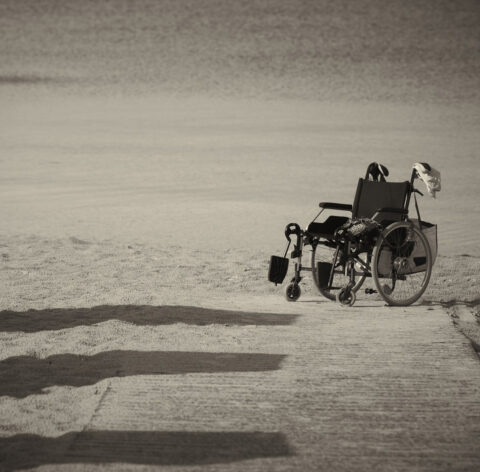
COVID-19 and people with disabilities
People with disabilities are being left behind in the global coronavirus response. Many are elderly or have underlying medical conditions that make them more vulnerable to the virus. But they may also be forgotten about in responses such as lock-downs, or in the supply of information.
A two-page statement was brought by the International Disability and Development Consortium (IDDC) and the International Disability Alliance (IDA) to the May 2020 World Health Assembly. It asks the world to ensure that there are no obstacles to persons with disabilities accessing health care, that there is attention to ensuring that communication messages actually reach persons with disabilities, and rehabilitation, psychological support and other services continue to operate, safely.
A Disability-inclusive Response to COVID-19 is a more detailed, and very informative, United Nations policy brief. It describes how COVID-19 affects persons with disabilities and how to achieve a disability-inclusive response and recovery. It recommends four over-arching areas for action during the COVID-19 response and recovery:
- Ensure mainstreaming of disability throughout, together with targeted actions
- Ensure accessibility of information, facilities, services and programmes
- Ensure meaningful consultation with and active participation of persons with disabilities and their representative organizations in all stages
- Establish accountability mechanisms to ensure disability inclusion in the COVID-19 response
For a quicker overview, this Devex article quotes practitioners who recommend four practical and direct ways to make sure that responses to COVID-19 are disability-inclusive:
- Include organisations of persons with disabilities in recovery planning
- Make information accessible, especially for those with vision or hearing impairments
- Ensure people with disabilities are not excluded or discriminated against by health services
- Ensure access to all other services, using creative means when necessary